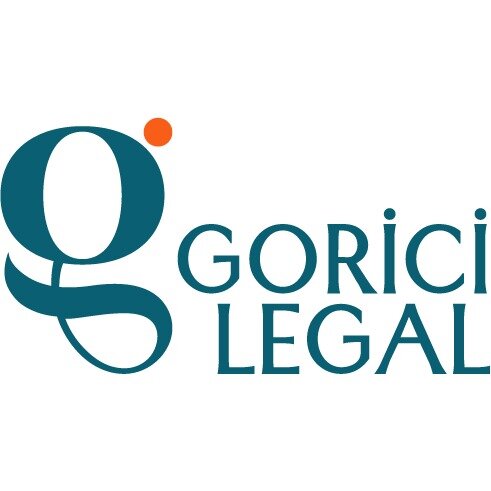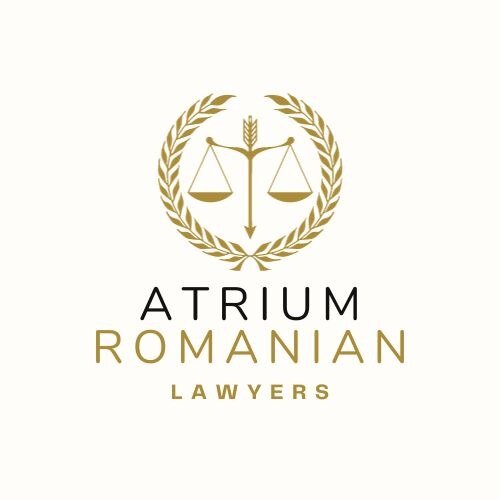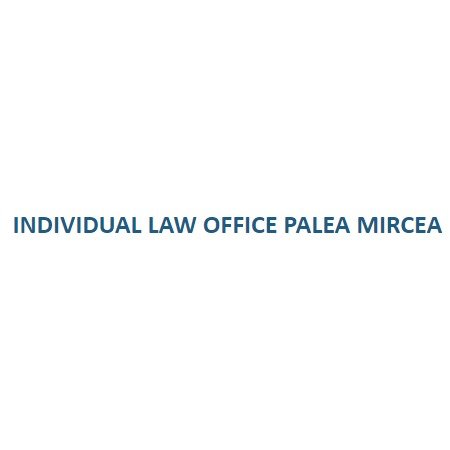Best Hiring & Firing Lawyers in Romania
Share your needs with us, get contacted by law firms.
Free. Takes 2 min.
Or refine your search by selecting a city:
List of the best lawyers in Romania
About Hiring & Firing Law in Romania
Hiring and firing in Romania are governed by national labor laws, primarily outlined in the Labor Code. This code sets out the rights and obligations of both employers and employees. Employment relations are generally based on written contracts that detail the terms of the job, rights, and responsibilities of each party. Romanian law aims to balance the interests of employers in supporting their business needs with the protection of employees' rights, ensuring fair treatment and job security.
Why You May Need a Lawyer
Engaging a lawyer can be crucial in several scenarios related to hiring and firing in Romania. Employers may require legal assistance in drafting employment contracts, conducting proper and lawful terminations, or handling disputes such as discrimination or wrongful termination claims. For employees, a lawyer can help if you are facing unjust dismissal, need to understand your rights before signing a contract, or if you're involved in any disputes with your employer. Legal experts can provide strategic advice and representation to ensure that the complexity of labor laws is navigated correctly.
Local Laws Overview
The Labor Code of Romania is the primary legislation governing employment matters. Here are key aspects relevant to hiring and firing:
- Employment Contracts: Employment in Romania must be formalized with a written contract specifying the role, duties, and compensation.
- Trial Periods: Romanian law allows for probationary periods, usually not exceeding 30 days for operational roles and 90 days for management roles.
- Termination: Dismissal can occur for reasons such as the employee's capability changes, misconduct, or economic pressures on the company. However, strict procedures must be followed to ensure legality.
- Notice Periods: Both employers and employees must respect notice periods which generally are 20 working days for dismissals.
- Collective Bargaining: Unions and collective agreements play a significant role in many sectors, impacting hiring and firing terms.
- Discrimination: Discriminatory practices based on race, gender, age, or other protected characteristics are prohibited.
Frequently Asked Questions
1. What is the standard length of an employment contract?
Employment contracts can be indefinite or fixed-term. The default is indefinite unless a specific exception applies.
2. Are there any specific rules for terminating a contract during the probation period?
Yes, either party may terminate the contract without notice or justification, but the termination must still respect the principles of good faith.
3. What are the legal grounds for terminating an employment contract?
Legal grounds include employee misconduct, redundancy due to economic factors, professional inadequacy, or the employer ceasing activity.
4. How much notice must an employer provide before termination?
The standard notice period is 20 working days, though it may vary based on the type of role and the terms of the contract or collective agreements.
5. Can an employee resign without prior notice?
Employees are generally required to provide a notice period in line with their contract, typically 20 calendar days.
6. Are severance payments mandatory in Romania?
Severance is not generally required unless specified by the employment contract or a collective bargaining agreement.
7. What constitutes wrongful dismissal?
Wrongful dismissal refers to termination without just cause, or failure to follow the procedural requirements set by the law or contract.
8. Can an employer modify the employment contract terms unilaterally?
No, any modification requires the consent of both parties, unless otherwise stipulated by law or collective agreement.
9. What protections exist against workplace discrimination?
Romanian law prohibits discrimination on various grounds and provides mechanisms for complaints through the National Council for Combating Discrimination.
10. Can foreign nationals be employed in Romania?
Yes, but they typically require a work permit and must comply with the immigration laws of Romania.
Additional Resources
For more information or assistance, consider contacting:
- The National Agency for Employment (Agenția Națională pentru Ocuparea Forței de Muncă)
- The Labor Inspection (Inspectoratul Teritorial de Muncă)
- The National Council for Combating Discrimination (Consiliul Național pentru Combaterea Discriminării)
Next Steps
If you find yourself needing legal assistance in matters of hiring or firing in Romania:
- Consider scheduling a consultation with a lawyer specializing in Romanian labor laws.
- Gather all related documents and information before the meeting to enable a productive discussion with your legal counsel.
- If you are an employee, keep records of communications and actions taken by the employer that may be relevant to your case.
- Reach out to employee unions or professional associations for additional support and guidance.
Lawzana helps you find the best lawyers and law firms in Romania through a curated and pre-screened list of qualified legal professionals. Our platform offers rankings and detailed profiles of attorneys and law firms, allowing you to compare based on practice areas, including Hiring & Firing, experience, and client feedback.
Each profile includes a description of the firm's areas of practice, client reviews, team members and partners, year of establishment, spoken languages, office locations, contact information, social media presence, and any published articles or resources. Most firms on our platform speak English and are experienced in both local and international legal matters.
Get a quote from top-rated law firms in Romania — quickly, securely, and without unnecessary hassle.
Disclaimer:
The information provided on this page is for general informational purposes only and does not constitute legal advice. While we strive to ensure the accuracy and relevance of the content, legal information may change over time, and interpretations of the law can vary. You should always consult with a qualified legal professional for advice specific to your situation.
We disclaim all liability for actions taken or not taken based on the content of this page. If you believe any information is incorrect or outdated, please contact us, and we will review and update it where appropriate.
Browse hiring & firing law firms by city in Romania
Refine your search by selecting a city.

















